Flower Glossary is reader-supported. When you buy through links on our site, we may earn an affiliate commission.
In this post, we’ve pulled together pictures and brief descriptions of 33 types of yellow flowers including sunflowers, marigolds, daisies, and more. The color is often associated with friendship, but is also perfect to keep around the house to brighten things up a bit.
Keep reading and discover some tried and true flowers, as well as some new ones for inspiration!
Table of Contents
Sunflower
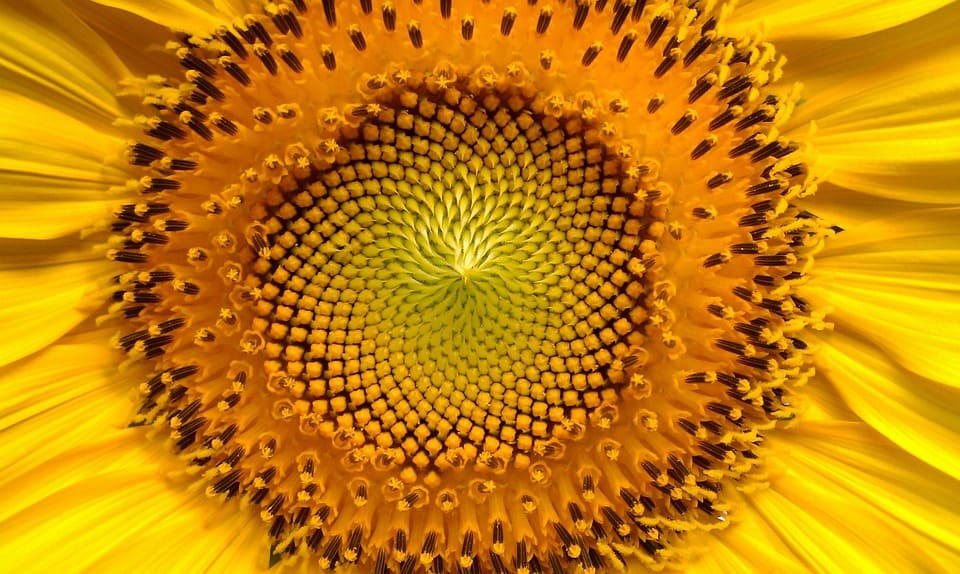
Probably one of the most recognizable flowers a person can grow, these are great for any garden. Sunflowers grow well in most zones and can be cut in the fall for use in arrangements.
- Plant in full sun.
- Needs well-drained soil.
- Grows in zones 3-10.
Yellow Rose
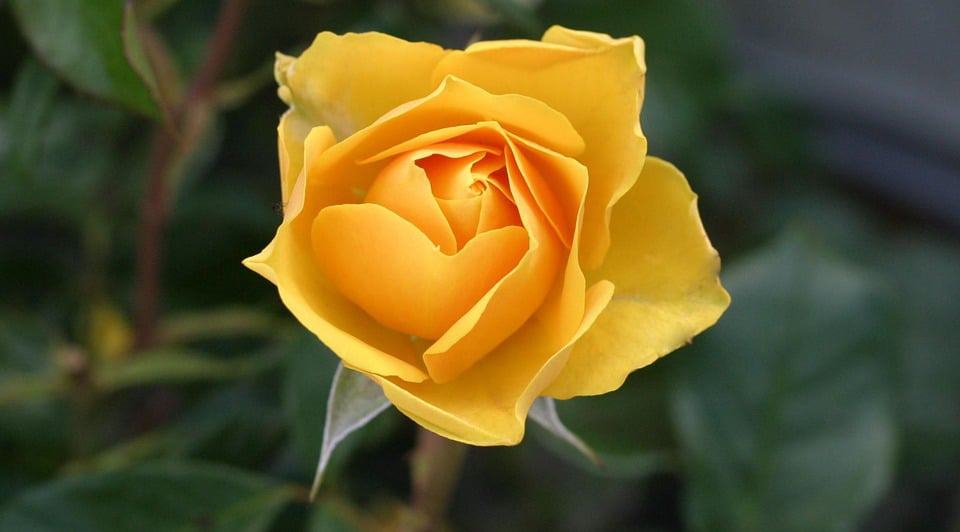
With over 2,000 types of roses, everyone is sure to find a type that will fit perfectly into their garden. The most important thing to remember about any kind of rose you plant is that it requires lots of sun. Read more about the meaning of yellow roses.
- Plant in full sun.
- Needs moist, well-drained soil.
- Grows in zones 3-11.
Yellow Tulip
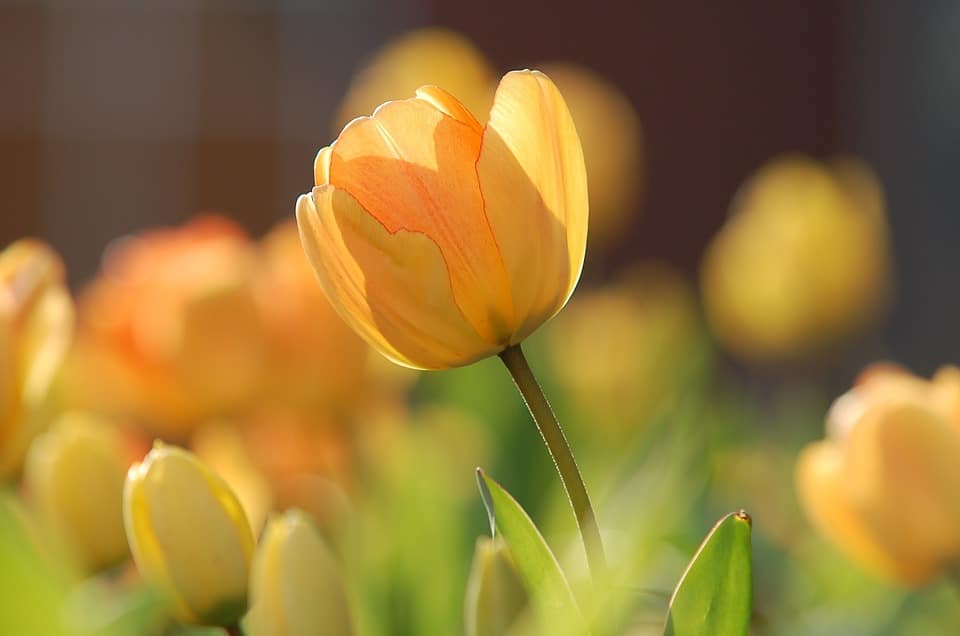
A large display of spring-blooming tulips makes a stunning and welcome statement when most other plants are dormant. Tulips come in a wide variety of colors and sizes.
- Plant in full sun or partial shade.
- Needs well-drained soil.
- Grows in zones 3-8.
Hellebores
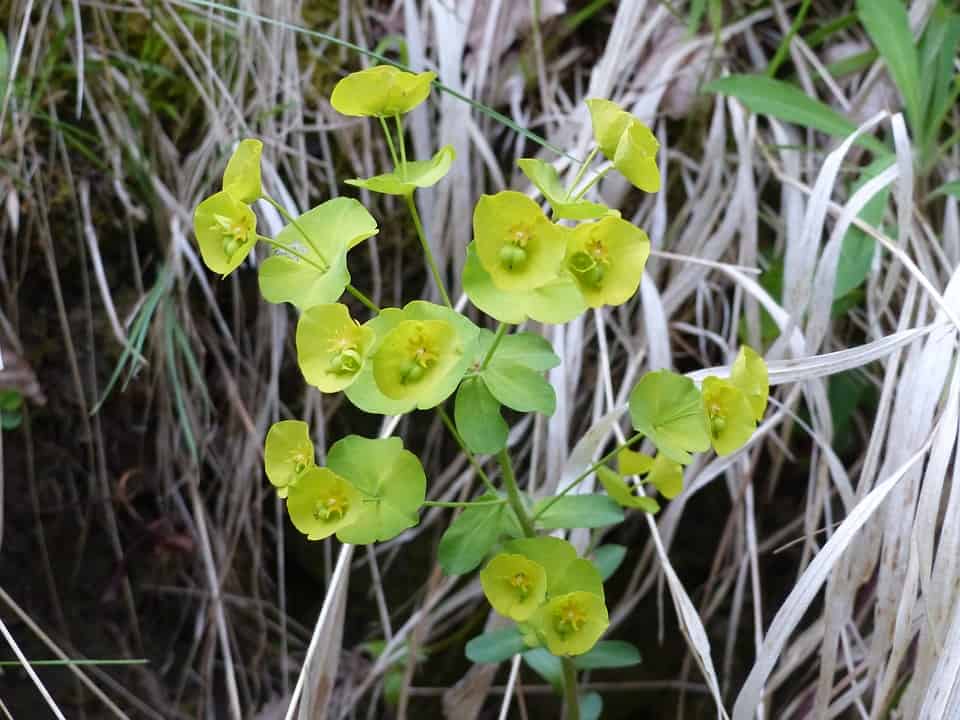
The blooms from hellebores can bring continued happiness for a long time. They are one of the longest blooming flowers, lasting up to 8 weeks with proper care. They also make fantastic dry flowers, losing only a slight amount of color, but very little shape.
- Plant in full sun or partial shade.
- Needs well-drained soil.
- Grows in zones 4-8.
Marigold
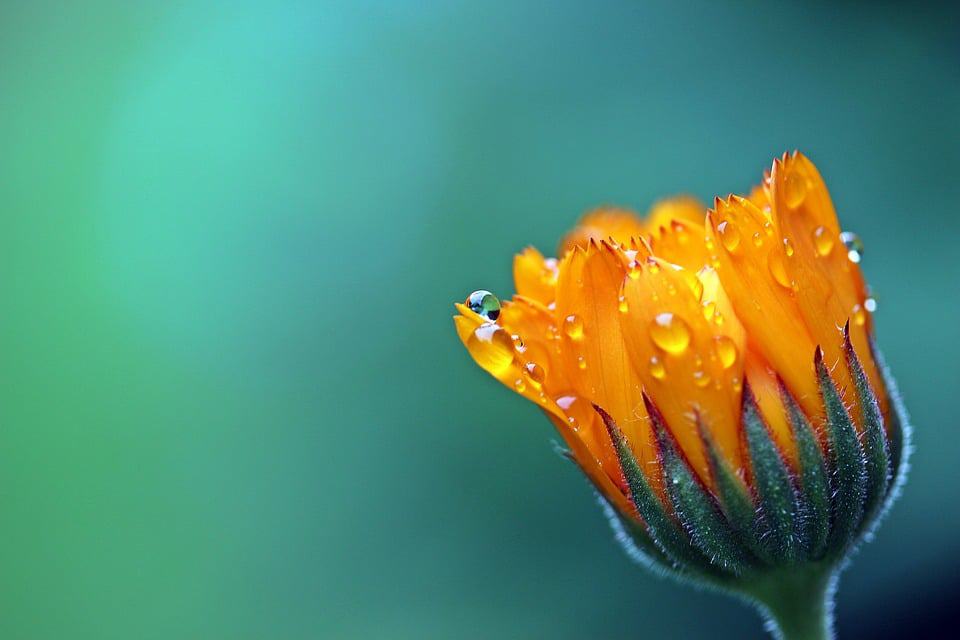
Marigold flowers have a distinct, peppery smell that some people find displeasing. The good news is that insect pests may also avoid the scent.
- Plant in full sun.
- Needs well-drained soil.
- Grows in zones 9-11.
Yellow Lily
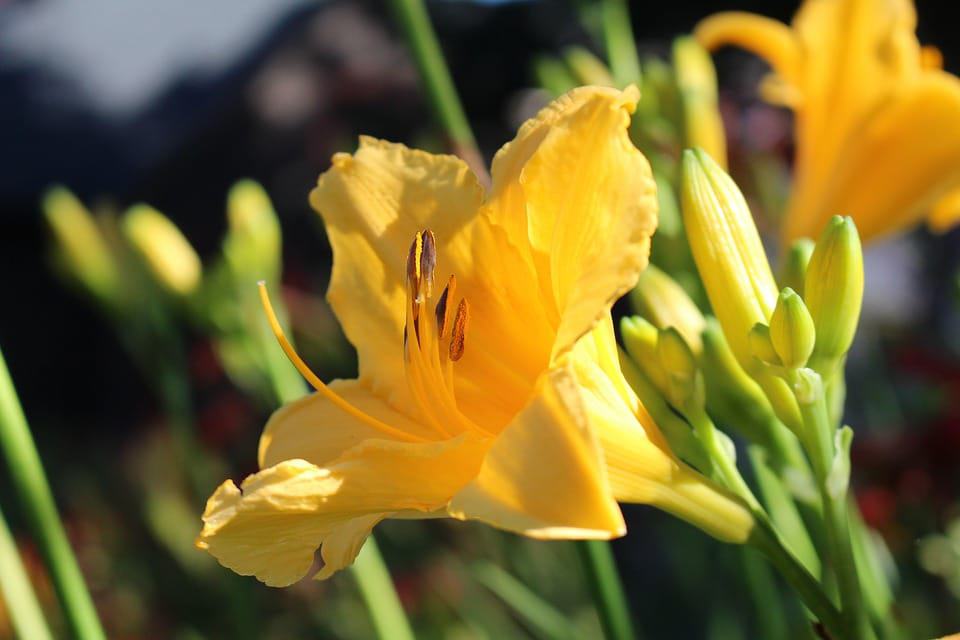
Lilies are often found growing along ditches and in fields, a testament to their low-maintenance style. Their large blooms make them very popular in springtime floral arrangements.
- Plant in full sun or partial shade.
- Needs moist, well-drained soil.
- Grows in zones 4-8.
Calla Lily
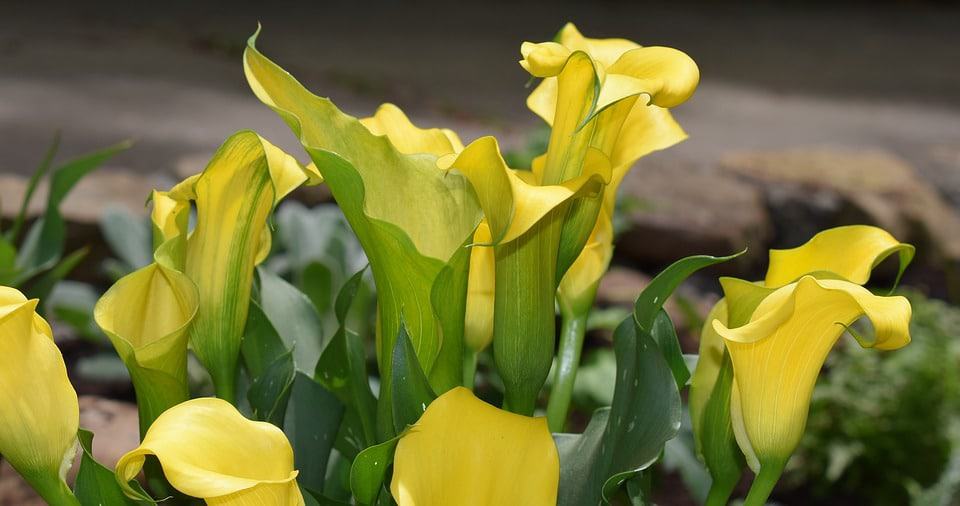
Known for their single petal bloom, calla lilies are a common cut flower given around Easter. These can be easily grown inside or outdoors.
- Plant in full sun or partial shade.
- Needs moist, well-drained soil.
- Grows in zones 8-10.
Dianthus Caryophyllus

More commonly called a carnation, this bloom is very different than the one in bouquets and given as gifts. It has only 4 small thin petals and will only grow a few inches in height.
- Plant in full sun or partial shade.
- Needs moist, well-drained soil.
- Grows in zones 3-10.
Gerbera Daisy
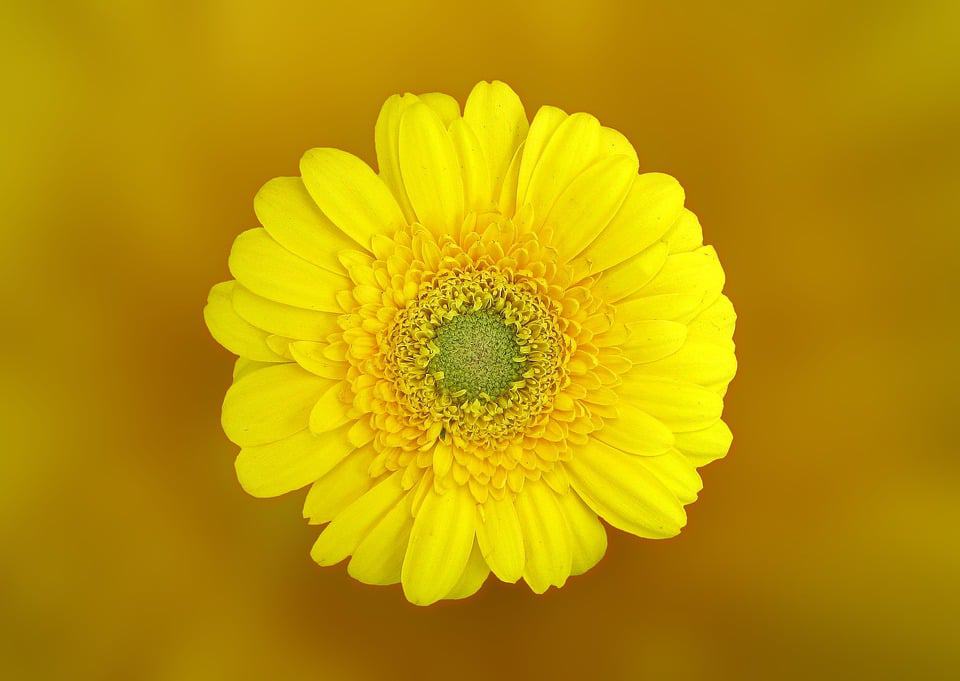
These big, bright flowers are often the mascot for floral arrangements. Popular due to both their size and colors, these daisies are the perfect addition for any garden.
- Plant in full sun.
- Needs well-drained soil.
- Grows in zones 9-11.
Daffodil

These spring-blooming bulbs provide bright cheer under deciduous trees, in flower beds or naturalized in a lawn. Daffodils are most commonly white, yellow, orange or multicolored.
- Plant in full sun.
- Needs well-drained soil.
- Grows in zones 3-10.
Yarrow
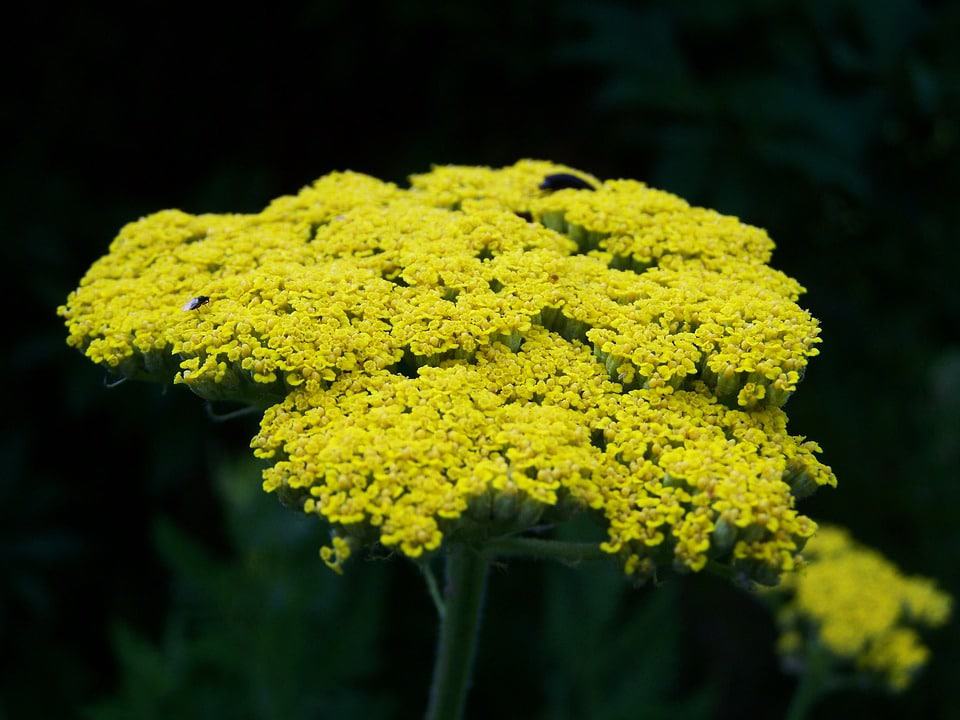
Yarrow produces clusters of yellow, white, salmon, pink or red flowers atop long stems. Their airy, grayish-green foliage is attractive, as well.
- Plant in full sun.
- Needs well-drained soil.
- Grows in zones 3-9.
Hibiscus
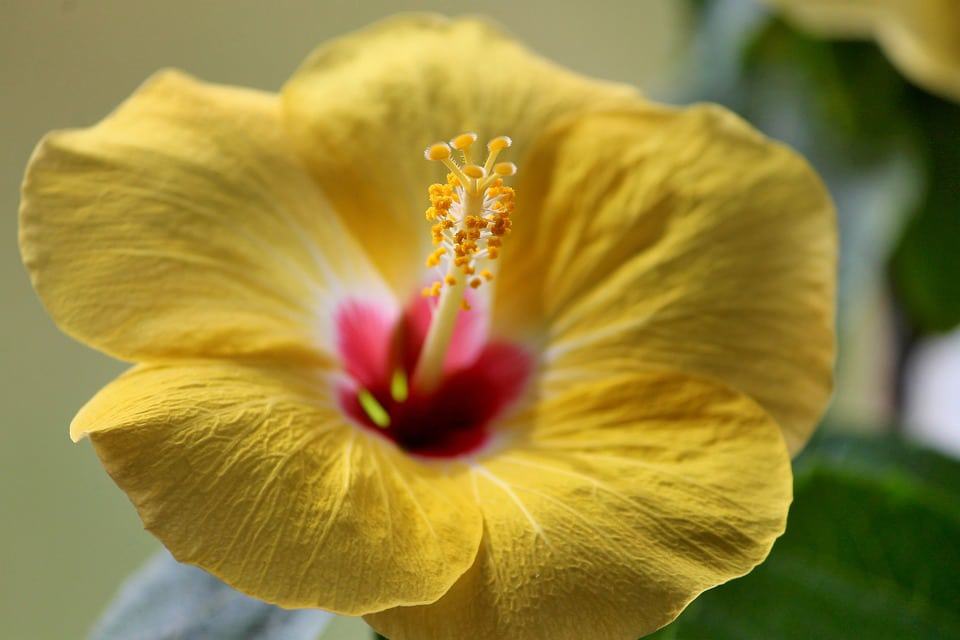
A true showstopper, the hardy hibiscus is sure to wow with its dinner plate-size blossoms. These large-scale herbaceous plants are quick to grow and fill a space, and they add a great tropical feel to any garden setting. Learn more about hibiscus care.
- Plant in full sun or partial shade.
- Needs moist, well-drained soil.
- Grows in zones 5-8.
Perennial Geranium
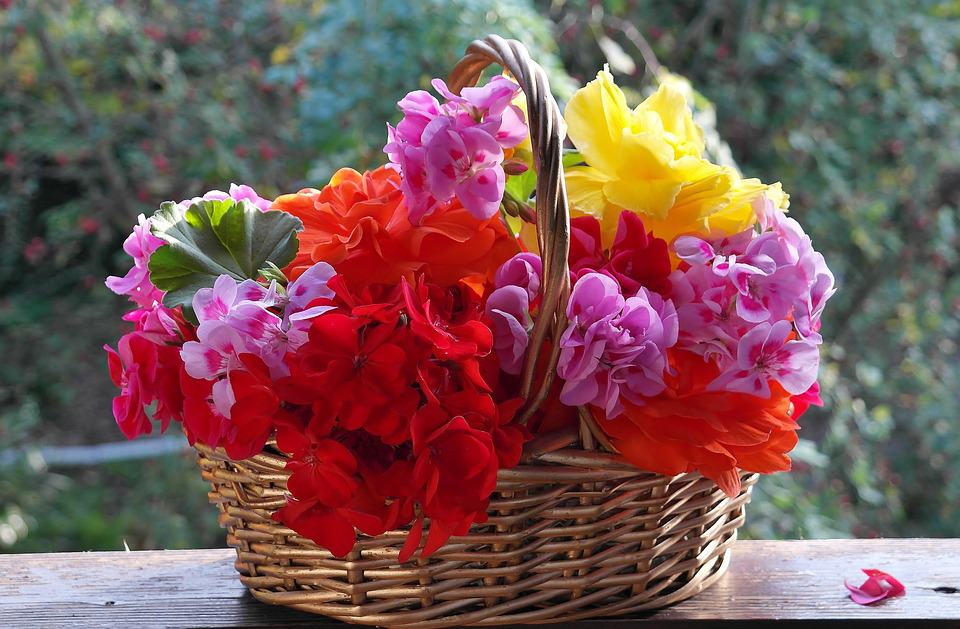
These flowers seed easily and bloom from early summer to early fall. The flowers come in a variety of colors and have a peppery smell.
- Plant in full sun or partial shade.
- Needs moist, well-drained soil.
- Grows in zones 4-8.
Zinnia
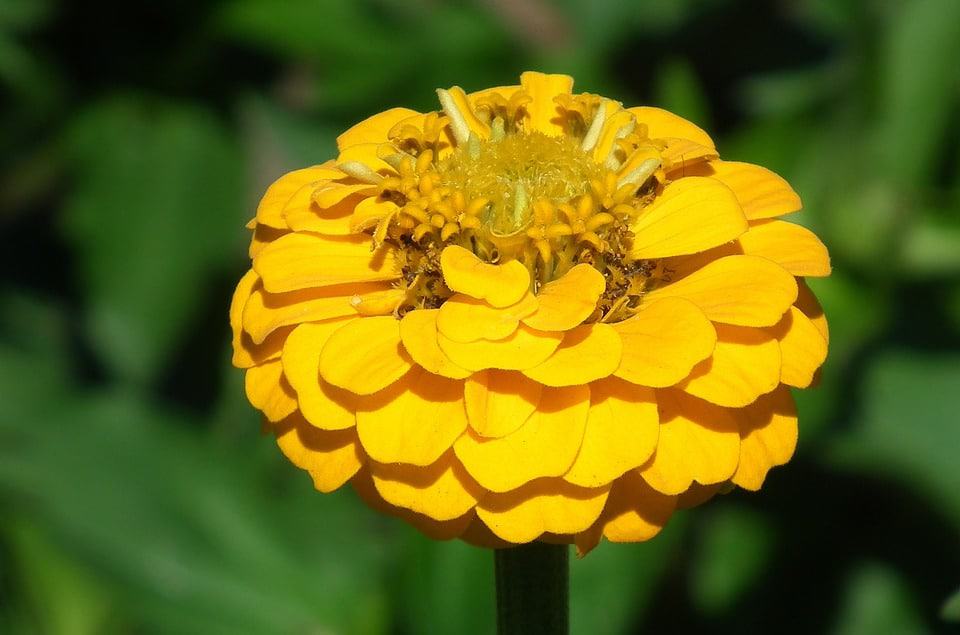
A packet of zinnia seeds will fill an area with gorgeous flowers in an amazing array of shapes and colors — even green! And it will happen in just weeks.
- Plant in full sun.
- Needs well-drained soil.
- Grows in zones 3-10.
Begonia
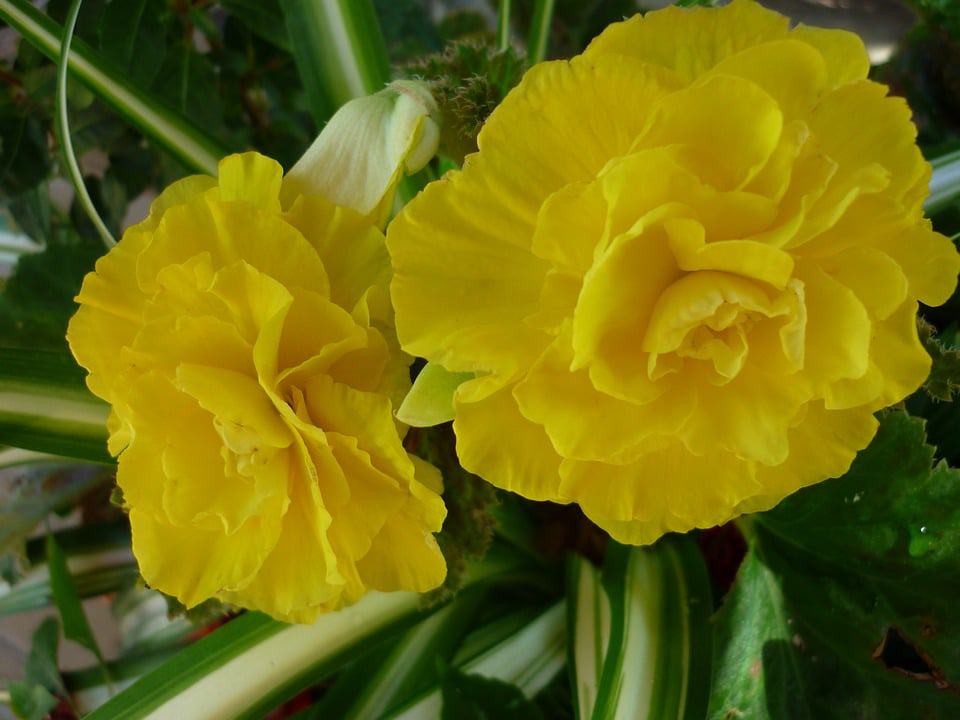
A flowering bush that has large double blooms and comes in many colors. These do best in climates with little wind.
- Plant in full sun or partial shade.
- Needs moist, well-drained soil.
- Grows in zones 6-11.
Ranunculus
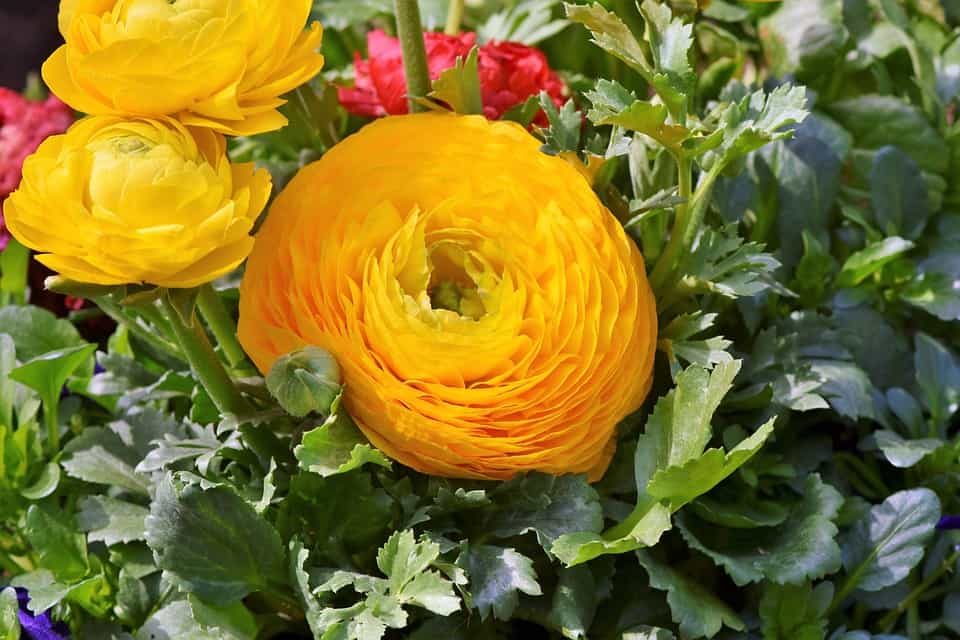
These blooms are loaded with petals. They come in many colors and are perfect in a bouquet because they are able to survive as cut flowers for a week or two.
- Plant in full sun.
- Needs well-drained soil.
- Grows in zones 8-11.
Yellow Butterfly Bush
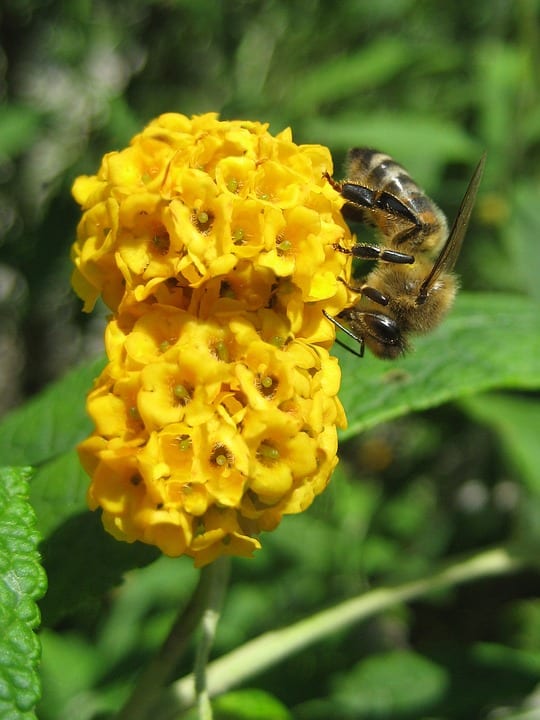
This flowering shrub can grow 8 feet high, producing long spikes of colorful blooms. The plant is drought tolerant and prefers full sun. And as its name implies, butterflies love these blooms!
- Plant in full sun.
- Needs well-drained soil.
- Plant in zones 5-10.
Bulbine
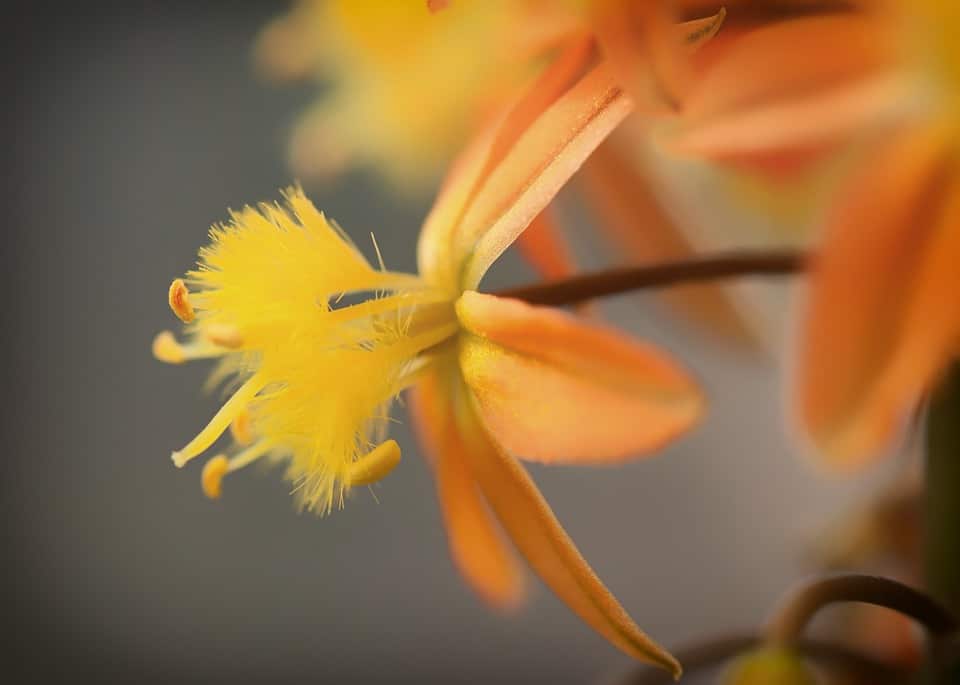
This plant is perfect for the recent succulent craze that has been going on. These yellow and orange blossoms can grow up to 2 feet tall.
- Plant in full sun.
- Needs well-drained soil.
- Grows in zones 9-11.
Chrysanthemum
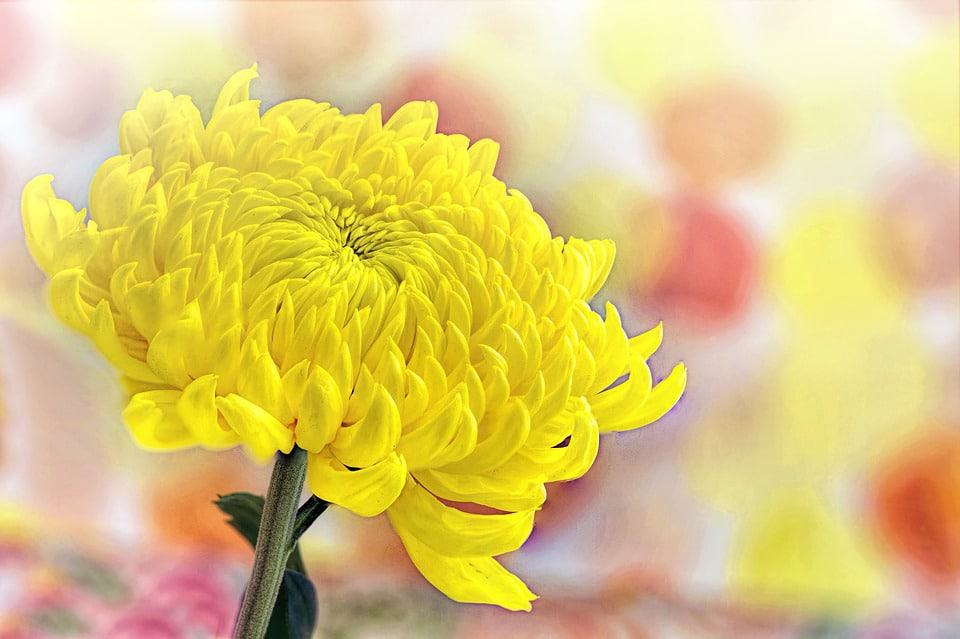
Also known as mums, they are generally grown as annuals in cold climates. These plants may produce dime-size pom-poms to huge, daisy-like blooms.
- Plant in full sun.
- Needs well-drained soil.
- Grows in zones 3-9.
Jessamine
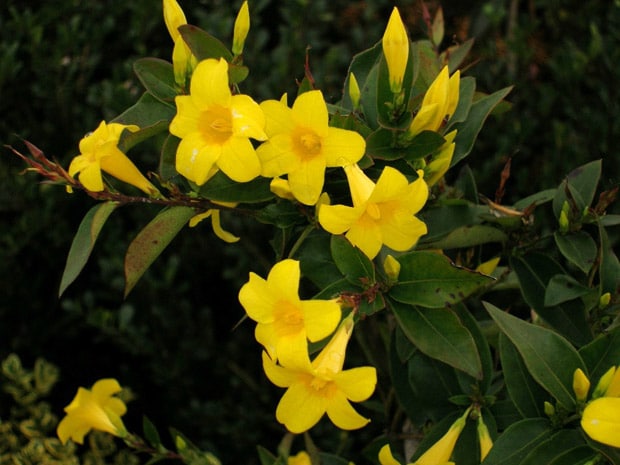
Image source: Gossett’s Landscape Nursery
The yellow version of its relative jasmine, this bloom is just as beautiful and fragrant. Perfect for any garden that has a lot of colors.
- Plant in full sun or partial shade.
- Needs moist, well-drained soil.
- Grows in zones 7-9.
Dutch Hyacinth
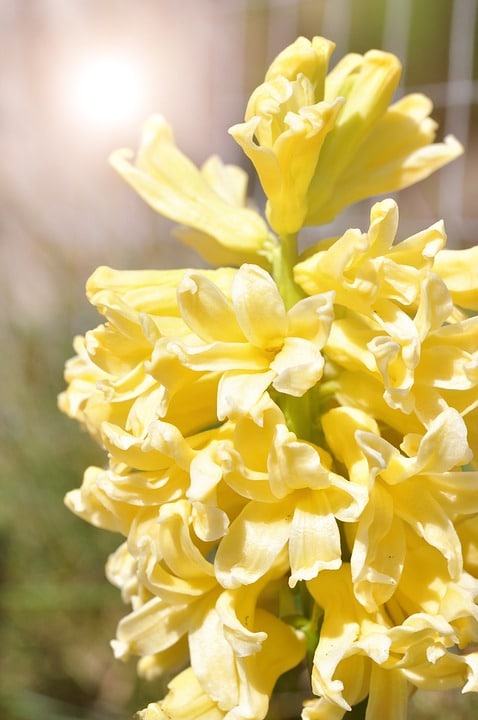
Dutch hyacinth flowers are a lovely pale yellow, that when blooming in their ball-shaped cluster almost resembles a ball of popcorn. These are durable plants that are easy to grow.
- Plant in full sun.
- Needs well-drained soil.
- Grows in zones 10-11.
Waterlily
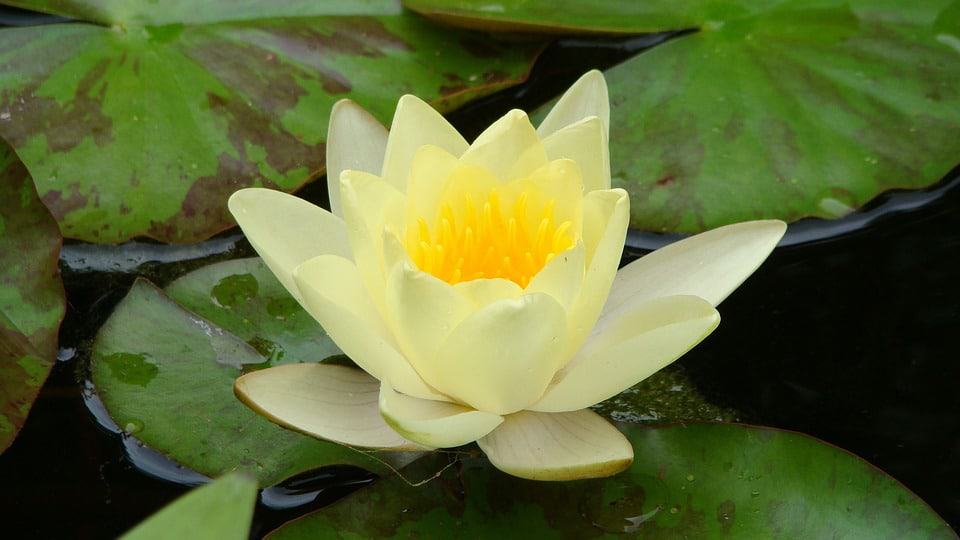
If you have a small pond, or even a pool of water (that you don’t swim in), these are a perfect choice for expanding your garden. They come in a variety of colors and are very hardy.
- Plant in full sun/Partial Shade.
- Needs water/no soil.
- Grows in zones 1-11
Daisy
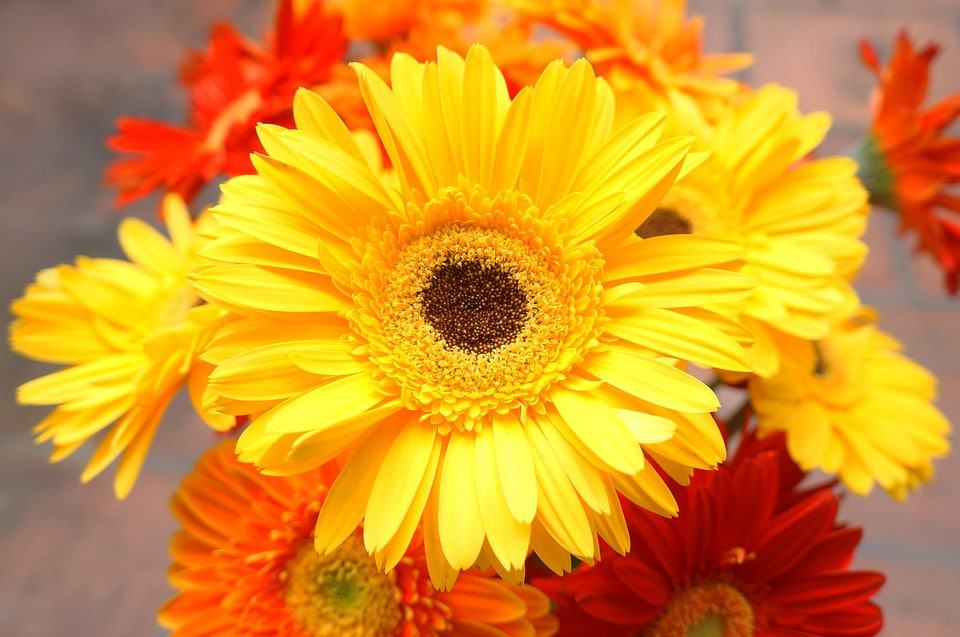
Unlike its cousin the gerbera daisy, this one only comes in white and is quite dainty. They grow on a leafless stem which makes them the main attraction.
- Plant in full sun or partial shade.
- Needs well-drained soil.
- Grows in zones 3-9.
Lily

Lilies are often found growing along ditches and in fields, a testament to their low-maintenance style. Their large blooms make them very popular in springtime floral arrangements.
- Plant in full sun or partial shade.
- Needs moist, well-drained soil.
- Grows in zones 4-8.
Coreopsis
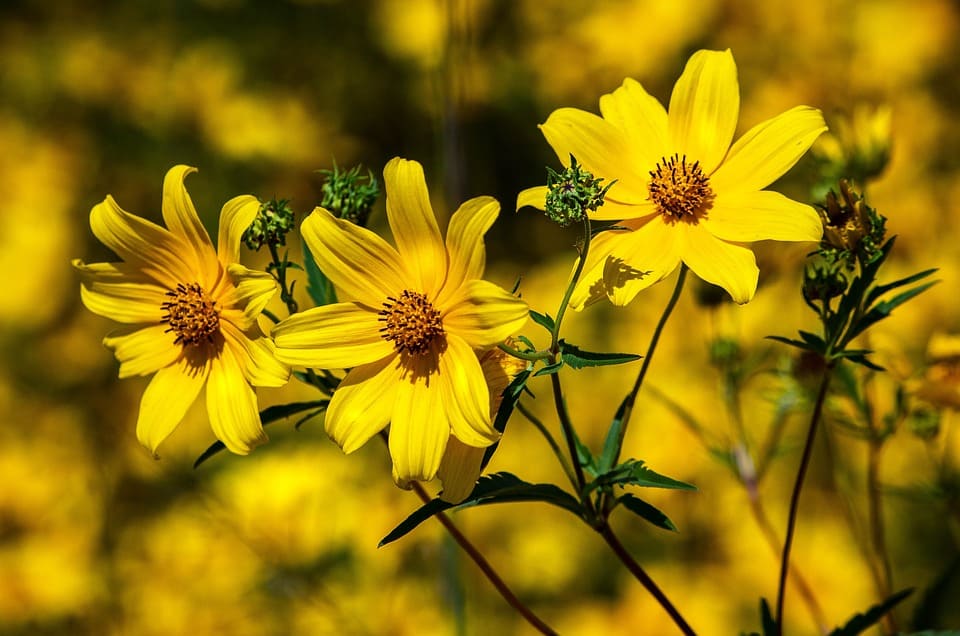
These cheery yellow or orange flowers resemble daisies and grow in almost any condition. They are short-lived but self-sow.
- Plant in full sun.
- Needs well-drained soil.
- Grows in zones 3-9.
Goldenrod
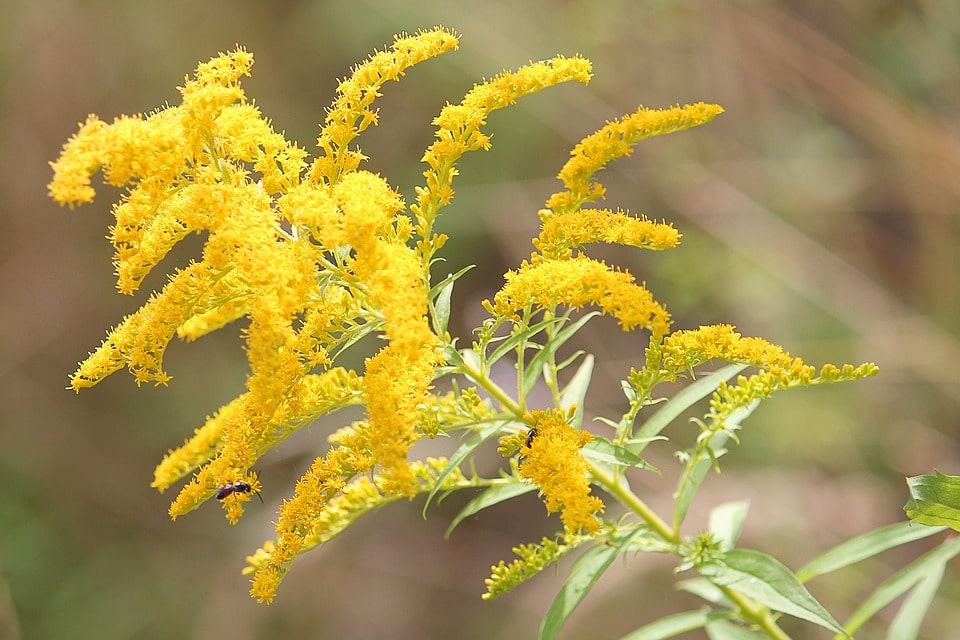
This flower is actually great for people with allergies. The pollen is too heavy to fly in the wind and instead sticks to the legs of the insects and butterflies that feed on its nectar. It starts blooming in late summer and will continue until mid-autumn.
- Plant in full sun or partial shade.
- Needs well-drained soil.
- Grows in zones 4-9.
Pansy

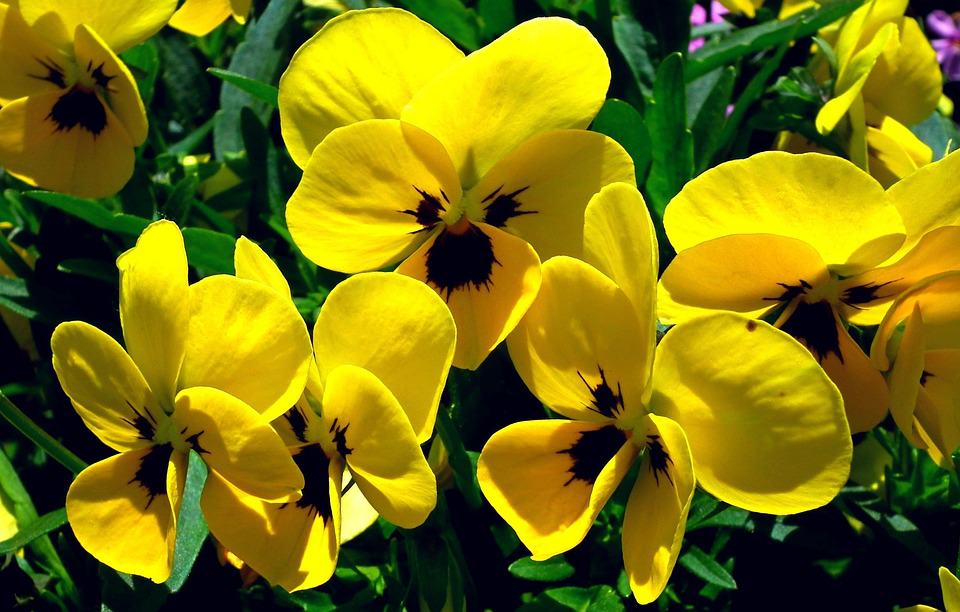
These colorful little flowers are great for covering the ground below taller plants but also do fantastic indoors. They must be watered regularly.
- Plant in full sun.
- Needs moist, well-drained soil.
- Grows in zones 4-8.
Prickly Pear
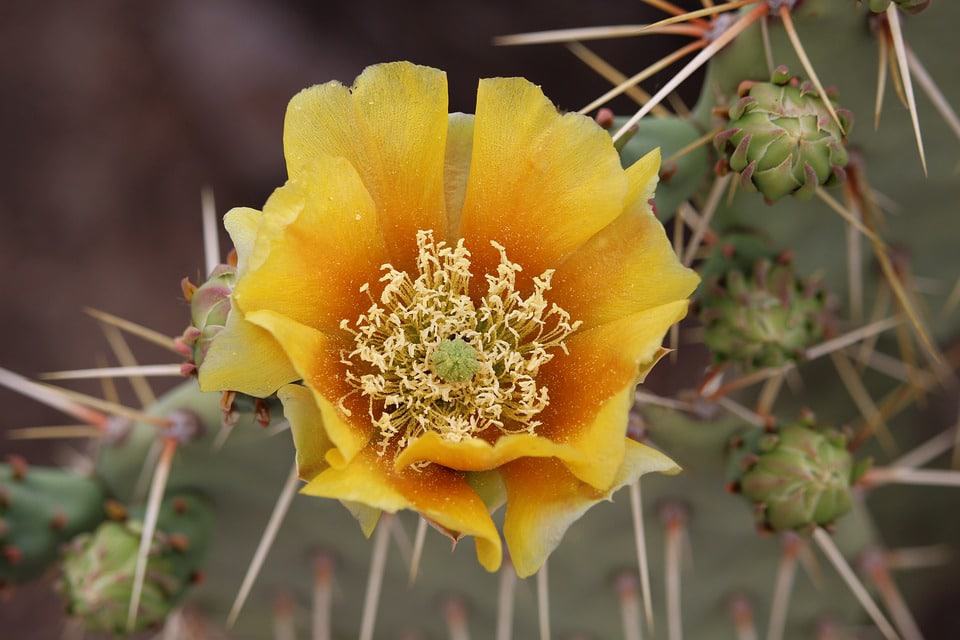
Prickly pear cacti include some of the few hardy species for cold-climate gardeners. The plants are known for their spiny, paddle-shape leaves and colorful summertime cup-shape flowers.
- Plant in full sun.
- Needs well-drained soil.
- Grows in zones 9-11.
Black-Eyed Susan
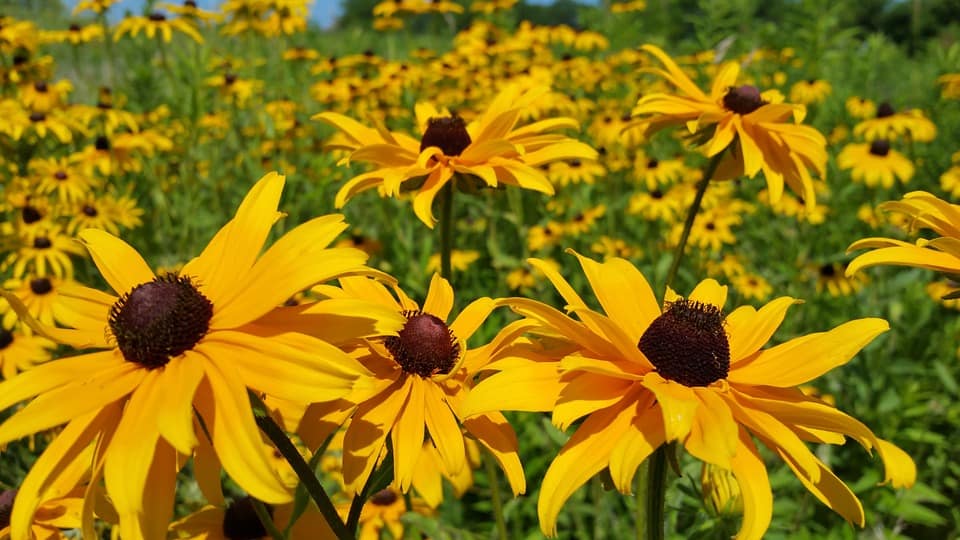
Daisy-like blooms and easy care make this bloom a good choice for any perennial bed. Black-eyed Susan is a popular choice and may stand 6 inches high to 4 feet high.
- Plant in full sun.
- Needs well-drained soil.
- Blooms in late summer to mid-fall.
Primrose
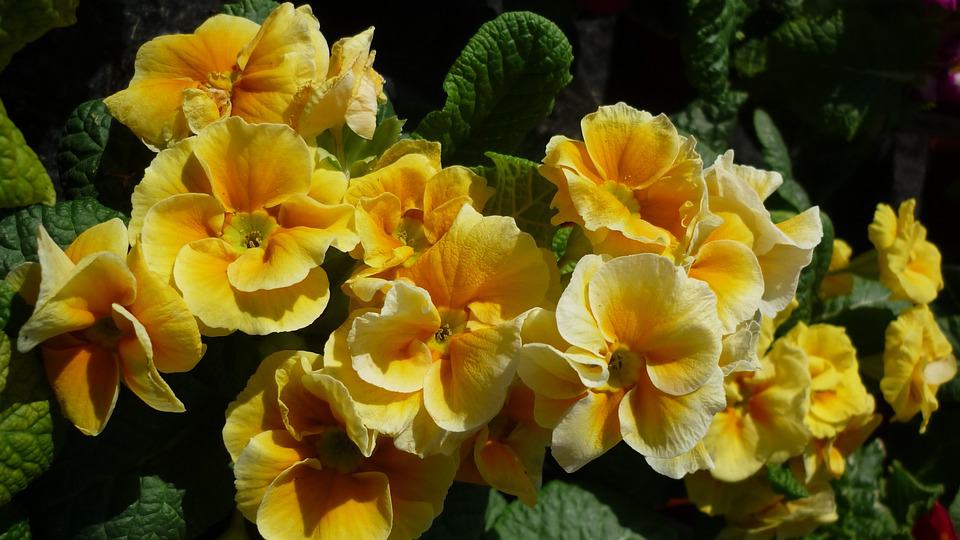
Primrose come in a rainbow of hues and may stand 3 inches high to over 2 feet high, depending on the variety. All primroses prefer partial shade, moist soil, and cool conditions.
- Plant in full sun.
- Needs well-drained soil.
- Grows in zones 3-11.
Iris
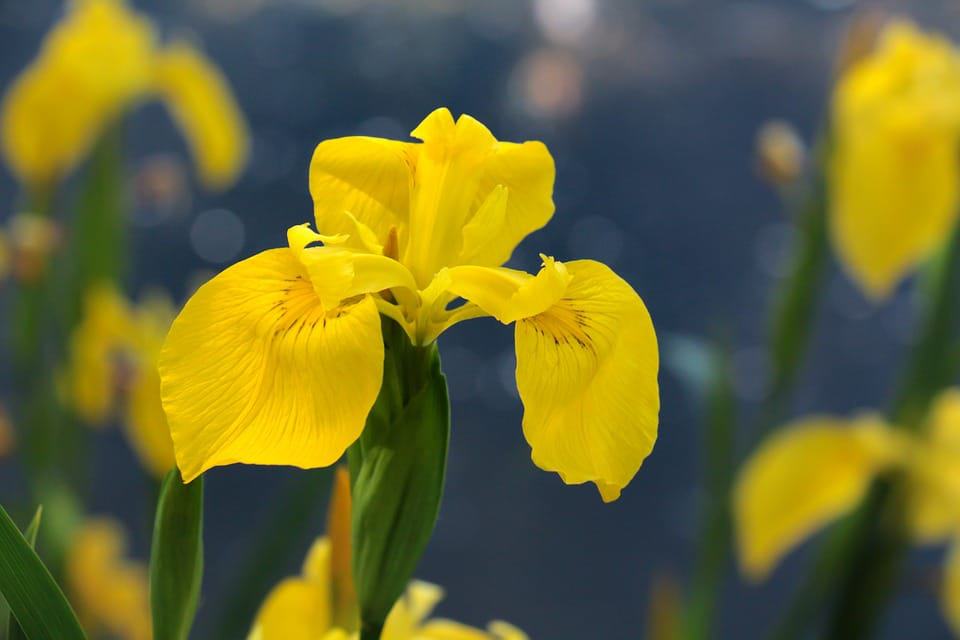
Lovely, colorful petals which will sometimes bloom both at the beginning of spring and then again in late summer. They require lots of water, so make sure to plant them near a water source such as a stream or even a sprinkler.
- Plant in all sun types.
- Needs moist, well-drained soil.
- Grows in zones 3-9.
Craspedia
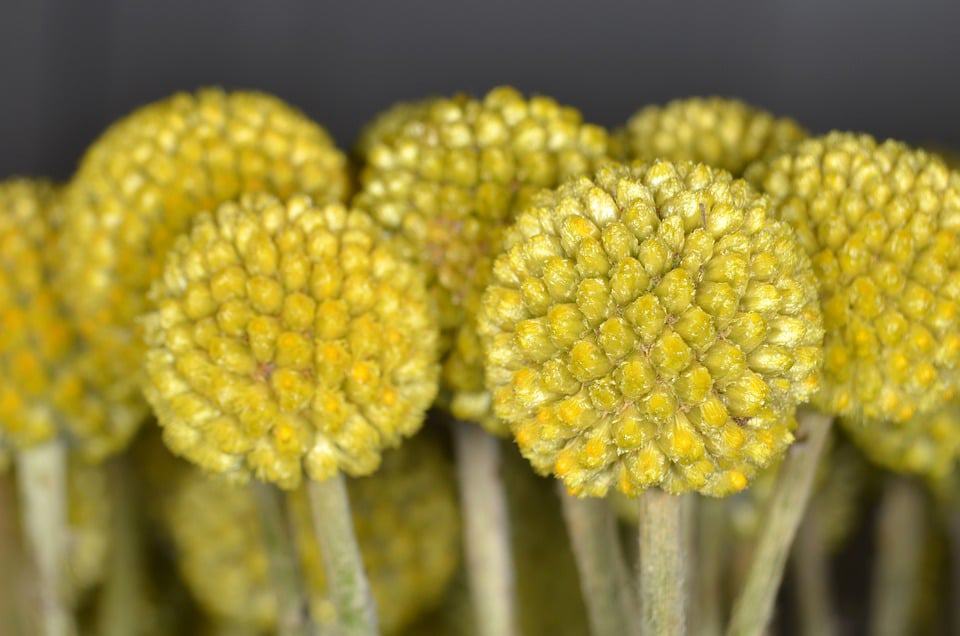
These yellow balls of flowers can grow to be the size of a tennis ball. If you live in a warm area and are looking for an easy to grow flower that blooms all year long, this is your choice.
- Plant in full sun or partial shade.
- Needs well-drained soil.
- Grows in zones 8-11.
Snapdragon
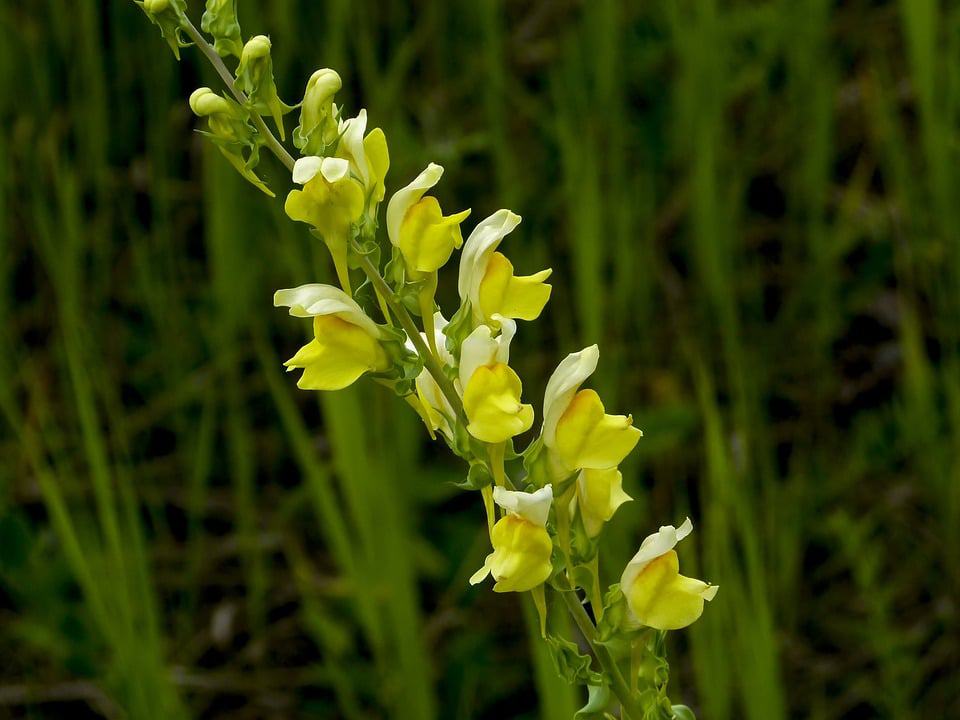
Snapdragons are perennials grown as half-hardy annuals. They produce stalks of flowers in a variety of hues and bloom long after most annuals are killed off by frost.
- Plant in full sun.
- Needs well-drained soil.
- Grows in zones 7-10.
See other flower names and pictures on our Types of Flowers page, or learn about Mimosa flowers – another type of yellow flower.